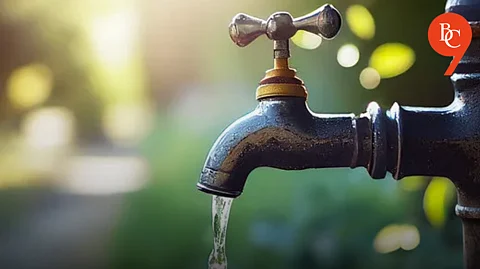

The Pimpri-Chinchwad Municipal Corporation (PCMC) has announced that water supply to 184 housing societies will be cut off starting June 1, 2025. The action targets societies that have failed to operate or maintain their required sewage treatment plants (STPs), despite repeated warnings and notices.
Pimpri-Chinchwad, a rapidly growing urban area adjacent to Pune, has witnessed a boom in residential complexes over the past decade. As part of environmental regulations, all large housing societies are mandated to install and maintain functional STPs to treat wastewater before releasing it into municipal drains or reusing it for gardening and flushing.
However, a recent PCMC survey revealed that at least 184 societies have non-functional or poorly maintained STPs. This negligence has led to untreated sewage entering public drains, polluting local water bodies, and straining the city’s water resources.
After issuing multiple warnings, show-cause notices, and deadlines over the past year, the PCMC has decided to take strict action. “Environmental compliance is not optional. Societies that continue to flout STP norms are not just violating the law, but also endangering public health and the environment,” stated a senior PCMC official.
From June 1, water supply connections to the defaulting societies will be disconnected. PCMC has published the list of affected societies on its official website and has urged residents to take immediate corrective measures to avoid disruption.
The impending water cut has sent shockwaves through the affected societies, many of which house hundreds of families. Residents are now scrambling to get their STPs operational, with some societies seeking urgent help from maintenance contractors and environmental consultants.
Some resident welfare associations have criticized the PCMC’s move as too harsh, arguing for more time or technical assistance. However, environmental groups have welcomed the crackdown, citing the urgent need for sustainable urban water management.
The PCMC’s action is part of a broader push across Indian cities to enforce environmental norms and promote sustainable living. With water scarcity and pollution becoming critical issues, authorities are increasingly holding housing societies and developers accountable for waste management and resource conservation.
Experts suggest that functional STPs not only protect the environment but also help societies recycle water, reduce dependency on municipal supply, and lower overall costs in the long run.
